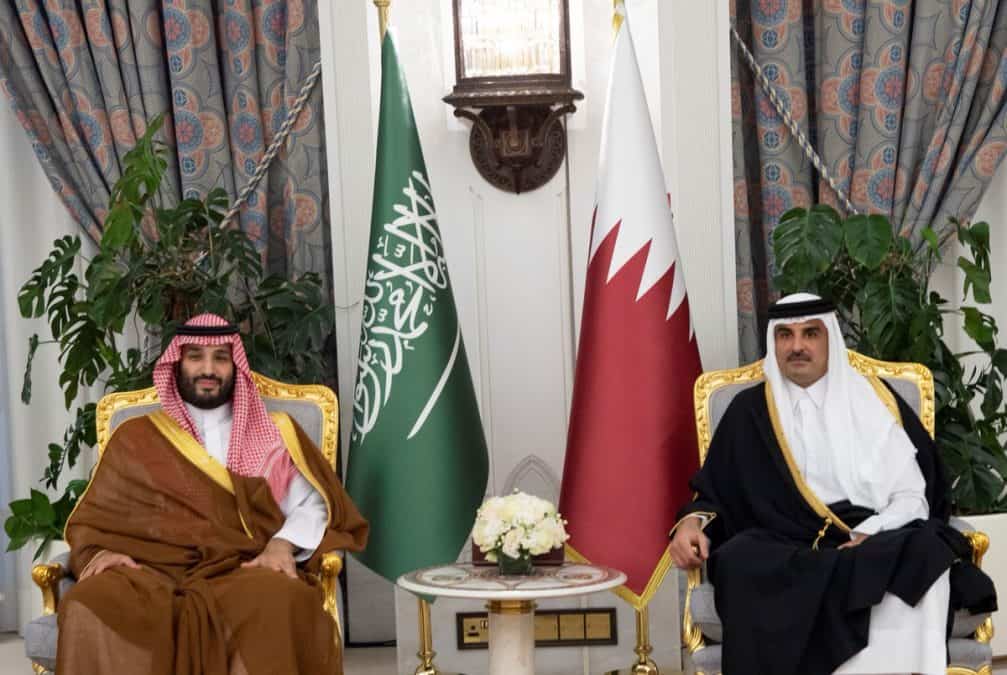A recent surge in business activity between Qatar and Saudi Arabia suggests a significant warming of relations between the two Gulf nations. This follows a period of estrangement that began in 2017, when Saudi Arabia, along with several other countries, imposed a diplomatic and economic blockade on Qatar.
The thaw appears to have been catalyzed by a high-level visit in December 2023. Following the meeting, a flurry of new commercial ventures have emerged, spanning diverse sectors like railways, weaponry, and even an audacious project to create artificial snow in the Saudi desert. While neither Qatari nor Saudi government officials have commented publicly on the developing economic partnership, the private sector seems to be forging ahead with renewed confidence.
Analysts point to the conclusion of Qatar's massive construction boom in preparation for the 2022 FIFA World Cup as a key factor. Qatari companies, flush with expertise and capacity honed during this period, are now well-positioned to capitalize on opportunities in neighboring Saudi Arabia. This presents a win-win scenario, with Qatar leveraging its newfound capabilities and Saudi Arabia gaining access to a skilled and experienced partner for its ambitious development plans.
A particularly noteworthy example is Redco, a Qatari company specializing in precast concrete and concrete plants. Redco has secured a role in NEOM, a multi-billion dollar Saudi flagship project envisioning a vast economic zone rivalling the size of Belgium. This collaboration signifies a deep level of trust and cooperation emerging between the two nations.
The renewed business ties extend beyond traditional sectors. One particularly intriguing venture involves a Qatari firm offering its expertise in creating artificial snow environments – a potential solution to Saudi Arabia's scorching desert climate. While the feasibility and logistics of such a project remain to be seen, it exemplifies the spirit of innovation driving the current economic rapprochement.
The burgeoning commercial partnership between Qatar and Saudi Arabia carries significant implications for the broader Gulf region. Increased cooperation between these economic powerhouses could bolster regional stability and foster a more integrated economic landscape. The GCC (Gulf Cooperation Council), a political and economic alliance of six Gulf states including Qatar and Saudi Arabia, has long aspired to greater economic unity. This recent business boom presents a tangible step towards achieving that goal.
While the full extent of the thaw in Qatar-Saudi relations remains to be seen, the burgeoning business activity offers a promising glimpse into a future marked by cooperation and shared prosperity. The GCC and the wider Middle East stand to benefit from a more collaborative relationship between these two influential nations.

